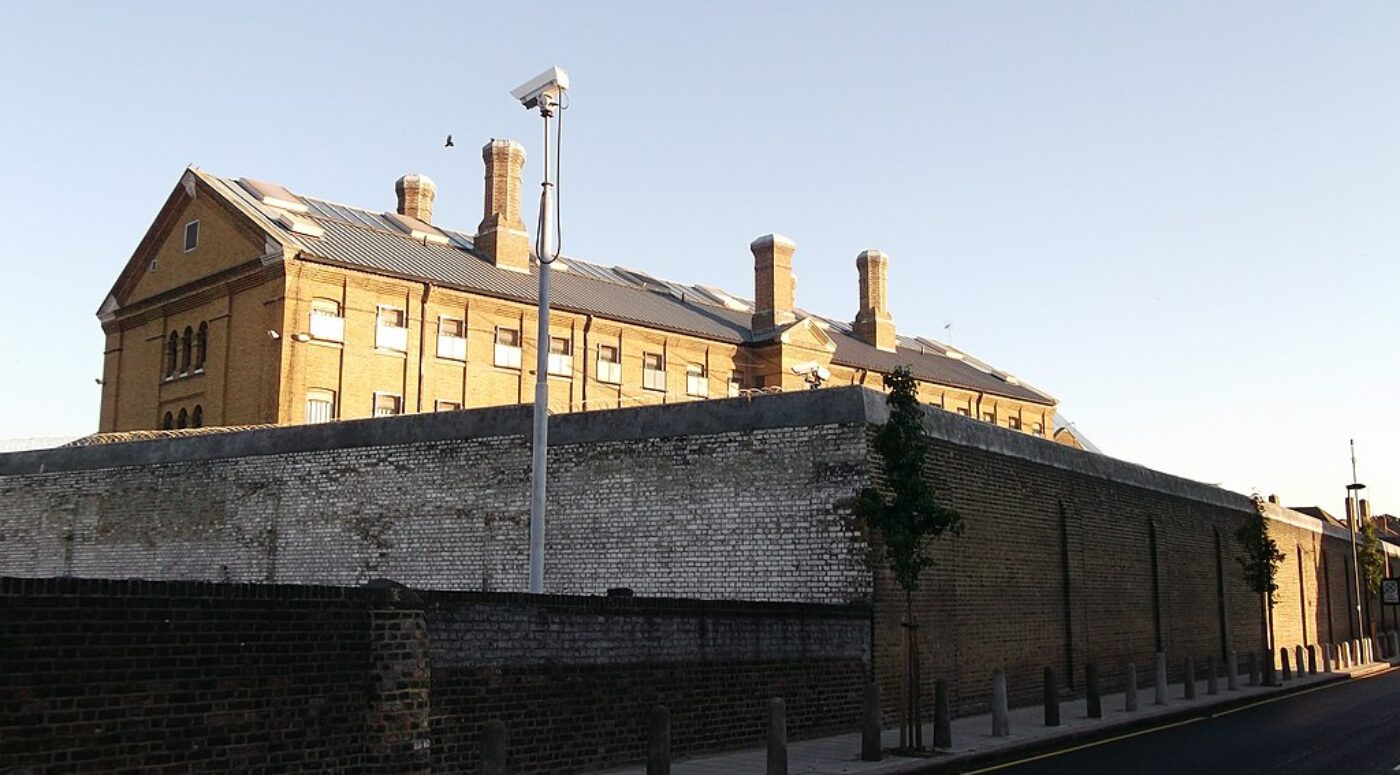

The prospect of going to prison is a difficult one. To help you navigate this complex process, we’ve put together a comprehensive guide that covers everything from the HMP Brixton’s type and location to its transportation options. We’ll also explain what happens when a prisoner first arrives and provide tips for those planning to visit. With this information, you’ll have a better understanding of what to expect and how to manage this difficult time.
What type of prison is HMP Brixton?
Situated in Brixton, London, England, HMP Brixton is a Category C men’s public prison and Young Offenders Institution. The facility, which is managed by His Majesty’s Prison and Probation Service, houses 798 male prisoners, primarily convicted by local courts. Prisoners are provided with healthcare, education, sports, and religious amenities.
How to get to HMP Brixton
HMP Brixton is located at Jebb Ave, Brixton, London, SW2 5XF. You can drive to the prison or use public transport (a short walk may be required, depending on the route). Several bus and coach routes pass near the prison and Southern rail services are also proximate.
What happens when you first go to prison as a prisoner?
The prospect of entering prison for the first time can be daunting, and it’s normal to feel anxious and uncertain about what to expect. However, having some knowledge of what happens during the initial stages can help alleviate some of your concerns.
The first stage of the process is known as “reception” where you’ll be formally inducted into the prison system. The primary purpose is to gather information about you, including your needs and any potential risks you may pose. This information will be used to determine your accommodation and other necessary services.
During the reception process, you’ll undergo a health screening to identify any immediate medical concerns. You’ll also be thoroughly searched to ensure that you’re not carrying any prohibited items, and your personal belongings will be checked and recorded. You’ll receive information about the prison’s rules and regulations, daily routines, and available services and programs.
Once the reception process is complete, you’ll be assigned to a specific wing or unit within the prison. You’ll receive basic hygiene items, bedding, and a cell. If you have a cellmate, you’ll be introduced to them at this point.
Although entering prison can be overwhelming, having an idea of what to expect during the initial stages can help reduce your anxiety and provide some reassurance.
What happens when you visit someone in prison?
Visiting a prisoner in England involves a set of procedures designed to ensure the safety and security of all parties.
To visit a prisoner, you must schedule your visit in advance and provide photographic identification upon arrival. Upon arrival, you’ll undergo a security check that may include a check of your body, clothes, and bags. Children may also be searched for security purposes.
After passing the security check, you’ll wait until your visit is scheduled. You’ll then be escorted to a visiting room to see the prisoner. The visiting room may have a screen or glass partition or be an open room with several tables, depending on the prison’s rules. The staff may conduct a search of your body, clothes, and belongings before entering the visiting room.
Once your visit is over, you’ll need to check out and may be subject to another security check to ensure that you are not taking anything out of the prison on behalf of the prisoner. This security check may involve an X-ray machine, metal detector, or a more thorough search of your person and belongings.
If you have concerns or questions about what is permitted during your visit to HMP Brixton, it’s best to contact the prison directly for more information about their visitation policies and procedures.
Where to get more help
If you’re worried about legal rights and potential appeals for yourself or a loved one at HMP Brixton, Stuart Miller Solicitors can help. We understand the complexities and politics of incarceration and offer a free consultation to assist you. Contact our team today to learn more.
OUR COMMITMENTS TO YOU:
-
Responsive
A legal expert will consult you within 24 hours of making an enquiry.
-
Empathetic
We will always treat you with trust, understanding and respect.
-
Specialised
Your case will be handled by an expert who specialises in your type of offence.
-
Proactive
We will take early action to end proceedings as soon as it is practically and legally possible to do so.
-
Engaged
You will be kept updated on your case at all times. We will provide a named contact available to answer your questions.
-
Caring
We understand this is a difficult and stressful time for you and your family. Our team will support you every step of the way.
-
Tenacious
We will never give up on your case. We fight tirelessly to get you the best possible outcome.

